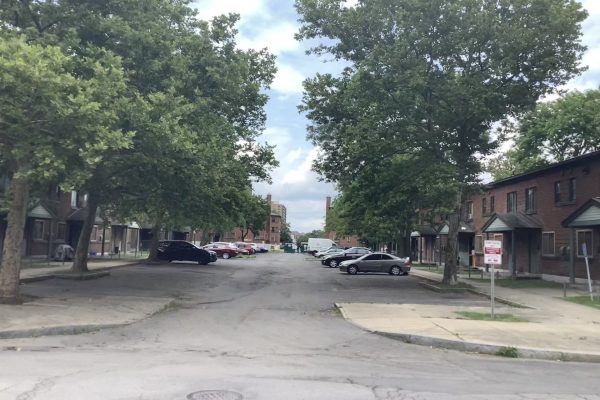SYRACUSE, N.Y. (NCC News)—We live a life wrapped by plastic products. Plastic bottles, food boxes, and more significantly, plastic bags. It has been easy to get as many plastic bags as we need for grocery shopping at Wegmans or Walmart. And all the bags are free.
However, that is no longer the case for New Yorkers. New York State has just come up with one of the strictest plastic bag bans across the country. The department of environmental conservation releases a report, saying that New York State uses 23 billion of these plastic bag each year. But what does this huge amount of bag consumption exactly mean for our environment?
Syracuse University micro-plastic Ph.D. researcher Laura Markley explains the negative impact of plastic bag overconsumption. “If they do get into the environment. They don’t break down. They will just break down into smaller pieces of plastic which form of microplastics. They can be found in any environment. They can be found in the air, salt, beer, bottled water, tap water, freshwater ecosystem, the marine environment.”
Micro-plastic is too small to see with our eyes, but they can go into almost everywhere around our lives, even into our body. Unfortunately, the infrastructures used to decomposed these single used bags are not capable of recycling the 23 billion bags. In fact, they are not making the situation any better.
“In Onondaga County, they will get sent to waste energy plant and burned instead and made into energy. But they can also release while being burned potentially air pollutants like dioxide and other things,” said Markley.
The new statewide plastic bag ban has just come out a few weeks ago to change this situation. Grocery stores like Wegmans and Trader Joe’s are now providing shoppers with paper bags and reusable bags. But when we talk about the single-use paper bags as substitutes, they are not as environmentally friendly as we might think.
“The paper products actually take more resources. It’s more water-intensive to make a paper bag versus a plastic bag,” said Markley.
And there are also side effects other than the harm to the environment. With the ban coming out, both store owners and shoppers now have to pay more just for the bags.
“Because the bags will cost me more money. Instead of spending 15 dollars on a thousand plastic bags, I’ll have to spend 40 dollars for 250 paper bags,” said local small business owner Khaled Al-Zurqa, who is very likely to charge the customer for the extra costs.
Fortunately, there’s a better way to help the environment. Rather than finding single-use substitutes for plastic bags, the best approach is to reuse your bags. “I always just thought I don’t care what kind of bags people use. They can buy super cheap bags, a shifted bag. Anything they will reuse over time,” said Markley.
Markley also says the most significant benefits of the ban is about awareness. “People will think more about it. They’ll kind of think why are we having this plastic bag ban. This must be an issue which it really is. The plastic, we use way too much of it, especially for single-use items.”
The plastic bag ban won’t punish lawbreakers until April 1. In case of forgetting to bring the bags, Markley suggests to put the bags next to the door or leave some in the car.




